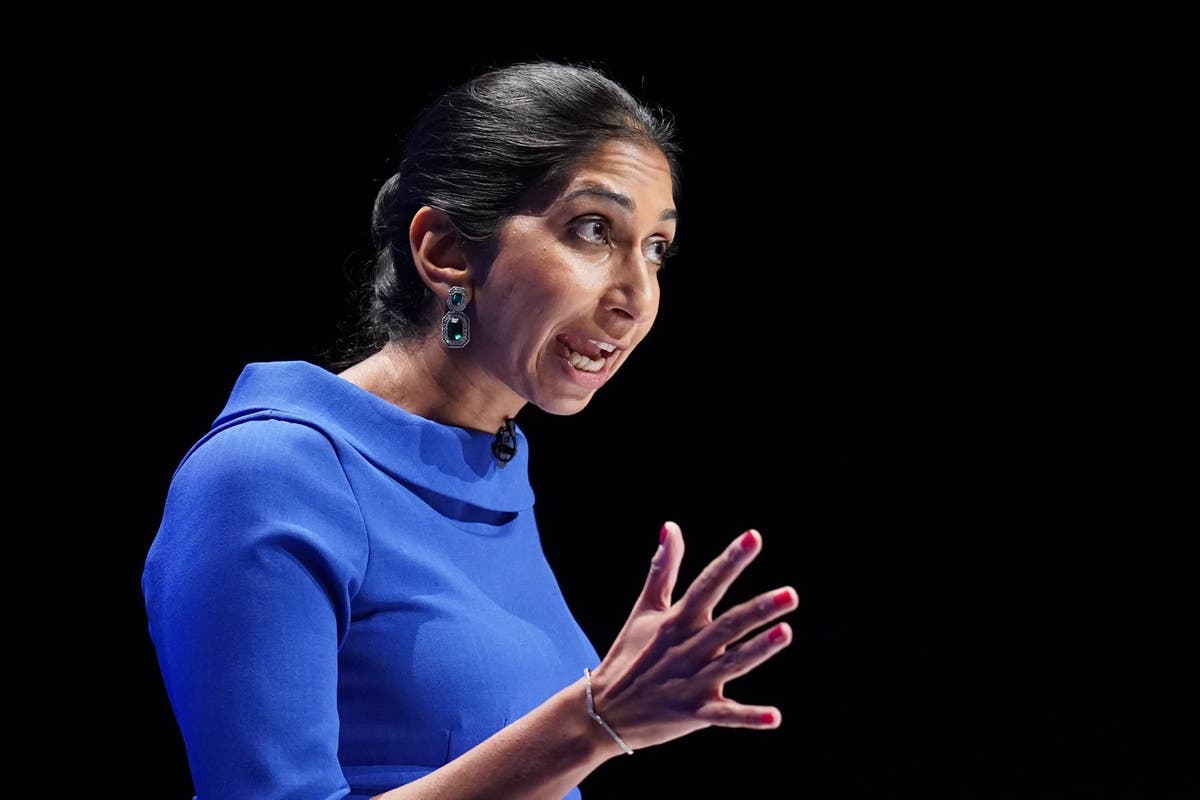– Real estate prices are growing in double digits
– Central banks risk turning the wealth boom into a bubble
– “History is itself a cause for concern”
Image © Adobe Stock
The double-digit house price hikes in the UK are just part of a synchronized global wealth boom that could be cause for concern, according to a leading independent economic research firm.
Oxford Economics have published research showing that the current asset price boom in the UK is the largest in 50 years, as house prices, stocks and commodities rise at the same time.
House prices in the UK are up 10% year over year, as are the US, Germany and other major economies.
“Rising property prices are part of a broader, rapid rise in asset prices that includes commodities and stocks. The latter has increased the fastest (in real terms) in the advanced economies since the 1980s. This boom could be cause for concern as valuations for some assets, says Adam Slater, senior economist at Oxford Economics.

Above: Global rise in house prices, image courtesy of Oxford Economics.
Oxford Economics says the asset price boom has a potentially big impact on spending, and predict US household wealth will grow by about 20% this year, a record rate that could increase consumer spending by about 2%.
They say the effects on consumption could be compounded by a revival in home equity withdrawal, which is already evident in the US and UK following the rise in house prices.
Homeownership is the portion of real estate assets for which no loans are secured, so that homeowners can exchange equity for money with willing lenders.

Above, UK property prices change annually, courtesy of Nationwide.
Nationwide That month, their measure of annual UK house price growth hit 10.9% in May, its highest level in nearly seven years.
The poll found prices were up 1.8% month-on-month, after up 2.3% in April when a new record average price of £ 242,832 was set, an increase of £ 23,930 over the last twelve Months.
The rise in the value of UK homes, however, could add to an asset-driven fit of unforeseen inflationary pressures.
“Rising asset prices could also be an indicator of inflation risk, particularly in the context of easy monetary conditions and other upward pressures. Historical experiences are mixed, with asset booms sometimes associated with high inflation but not all the time,” says Slater.
Rising asset prices are to some extent supported by significant financial and monetary incentives issued by the government to increase spending to protect against the negative effects of the Covid-19 crisis.
But it is arguably the rapid expansion of central bank balance sheets that is the main source of money that drives asset prices up.

With massive quantitative easing and record-low interest rates at all of the world’s major central banks, the conditions for further asset appreciation still seem in place.
However, Oxford Economics warns that a political mistake by central banks could ultimately turn the wealth boom into a bubble that will eventually burst.
“Loose monetary conditions could push asset prices even higher and risk a possible sharp correction. Neither this result nor sustained higher inflation are attractive prospects for central banks,” says Slater.
Research by Slater and his team shows that sizeable synchronized asset price booms are relatively rare, typically occurring in the 1970s and briefly in the late 1980s and mid-2000s.
“This history is cause for concern as, in at least some cases, synchronized booms have been associated with high inflation. The potential risk is that they are a symptom of excess money and rising inflation expectations, â€says Slater.
The recovery in the UK economy should also provide fundamental support for residential real estate and other UK-based assets in the months ahead.
The Association of British Industries (CBI) announced today that they see a “breakthrough year†for the UK economy as they raise their growth forecast for 2021 to 8.2%.
In its half-year forecast for the economy, the CBI now expects the UK economy to return to pre-Covid levels by the end of the year thanks to the 8.2% growth rate, while GDP will grow 6.1% in 2022.
This is an increase of 6.0% and 5.2%, respectively, in their previous forecast.
The upgrade means that the economy will have recovered to pre-Covid levels a full year earlier than forecast in December 2020.
“There are really positive signs of economic recovery coming this year and next. The data clearly shows that there is a lot of catching up to do and ambition in many sectors, â€says CBI Director General Tony Danker.
Ultimately, whether or not the current asset price boom is sustainable may depend on how well these economic fundamentals outperform the easy money central banks are creating.
 PLC 4ever
PLC 4ever



